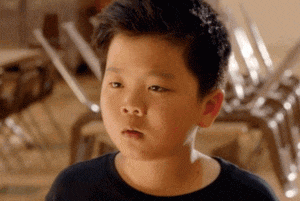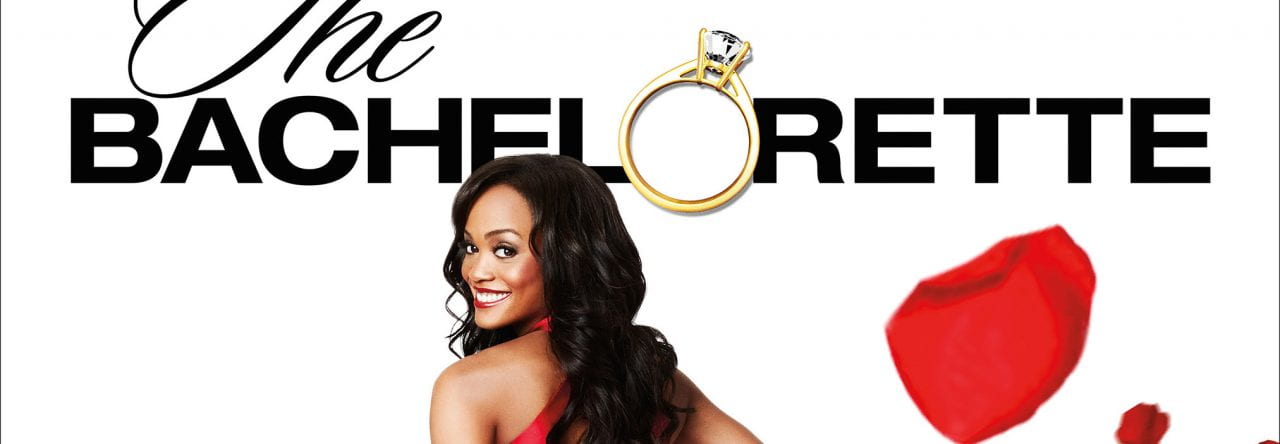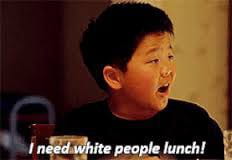Press, Andrea, and Terry Strathman. “Work, Family and Social Class in Television Images of Women: Prime-Time Television and the Construction of Postfeminism.” Women and Language, vol. 16, no. 2, 1993, pp. 7. ProQuest, http://prx.library.gatech.edu/login?
url=https://search.proquest.com/docview/198874239?accountid=11107.
The source “Work, family and social class in television images of women: Prime-time television and the construction of post feminism” discusses the transformation of how women of various social classes, families, and work divisions are represented in America’s prime time television over many decades. This document does not relate to the show Doctor Who and its companions, however it still provides multitudes on information that is relevant to the topic and correlates to Doctor Who. This source is valuable because it provides a foundation of how feminism and women have been portrayed in American prime time television. For younger generations, this is especially important as they have grown up with television shows and series that star women and that are created by women; however, this was not always the case. This source explains how women did not have a significant impact in television until the last twenty years. This knowledge is crucial before comparing how feminism has evolved (if it has) in the show Doctor Who. This source is also valuable because it provides very specific examples of the points it puts across.
Laville, Helen. “Prime-Time Feminism. Television, Media Culture and the Women’s Movement since 1970 / Seeing through the Eighties, Television and Reaganism.” Historical Journal of Film, Radio, and Television, vol. 19, no. 2, 1999, pp. 297-299. ProQuest, http://prx.library.gatech.edu/login?
url=https://search.proquest.com/docview/208166591?accountid=11107.
The source ” Prime-Time Feminism. Television, media culture and the Women’s Movement Since 1970 / Seeing Through the Eighties, Television and Reaganism” argues how feminism has evolved, specifically in television, since the 1970s. This source provides very thorough and relevant information with specific instances and examples for and against the argument of the article. As a result, this source is valuable. Because it provides information on how certain periods have progressed and digressed in terms of the role of women in television. In addition, this source incorporates the political tensions at the time with the rising popularity of President Reagan and Reaganism. This is unique compared to other sources as it introduces a new conflict that is very influential on America’s prime time television before, during, and after President Reagan’s terms as president and vice president. This source is also valuable because of provides viewpoints from two other diverse sources with Feuer’s and Dow’s books.
“Who’s Sexiest in a Tardis?” Daily Record, Mar 21, 2005, pp. 4. ProQuest, http://prx.library.gatech.edu/login?
url=https://search.proquest.com/docview/327852459?accountid=11107.
The argument of this source “Who’s the sexiest in a tardis?” is the determine the most attractive companion in the show Doctor Who. The source provides a small reasoning for each competitor of companions and how they prove to be attractive. This source is valuable because of the reasons why one companion was more attractive over another companion. This is important in relation to feminism as women were avoid objectification: “[Peri] caused an outrage during the mid-80s with several scenes in just a bikini. In this time period, it was not very common or normal for a woman to wear revealing clothing. The source also includes many quotes from the audience with their opinion to the companion at the time of the show airing which can show how one would have reacted to women decades ago versus how it is completely normal to see women in revealing clothes, such as bikinis, on television. A comparison to be made with this article is the power each companion had with their attractiveness to determine if power as a character was or was not proportional to attractiveness in terms of how to character was allowed to portray herself.
“So Who is Your Favourite Dr Who Assistant?” South Wales Echo, Jun 19, 2008, pp. 8. ProQuest, http://prx.library.gatech.edu/login?
url=https://search.proquest.com/docview/342278487?accountid=11107.
The argument of the source is to give brief descriptions of all the companions of the show Doctor Who in order to make a personalized decision on who one thinks was the best companion in the show. Each companion has details on her personality, time in the show and general character. This source can be valuable, not in the descriptions of the female companions, but in comparison to each other as this show has been running for many decades: comparisons made between companions can give an idea of how the companions progressed throughout the years, specifically her role and how it relates to the respective wave of feminism. This source is also considered valuable because the information present leads to new connections about the time period and how feminism was present in prime-time television. It is also interesting and important to consider if any of the companions lost any roles or power as a character as the years went by. It is fascinating to follow up this consideration with the fact that the next doctor in Doctor Who has been announced a being a female for the first time in Doctor Who History.
Beck, Debra B. “The “F” Word: How the Media Frame Feminism.” NWSA Journal, vol. 10, no. 1, 1998, pp. 139-153. ProQuest, http://prx.library.gatech.edu/login?
url=https://search.proquest.com/docview/233237862?accountid=11107.
The source “The “F” word: How the media frame feminism” argues how feminism has developed over the previous decades in various media. This article takes an unconventional approach in how “feminism became a national “dirty word” and why it can be perceived that way. The source proceeds in chronological order with make the source quite valuable as it allows for a clearer and more visible comparison on how feminism in media changed year by year. An important aspect that Beck introduces is how there was a “Mass rejection of feminism by young women, largely in response to negative images that are at least perpetuated in media.” This is critical because an opinion against feminism by women is not typically included in research relating to feminism as it could go against one’s argument. Another valuable aspect of this source is how it makes conclusions: many sources leave it up to the reader on what to think about the topic which can sometimes become difficult when many points of view are put upfront.
McDonald, Soraya N. Who should Play Doctor Who? Former Time Lord Sylvester McCoy Says it should always be a Man. WP Company LLC d/b/a The Washington Post, Washington, 2015. ProQuest, http://prx.library.gatech.edu/login?
url=https://search.proquest.com/docview/1702098561?accountid=11107.
The source “Who should play Doctor Who? Former Time Lord Sylvester McCoy says it should always be a man” argues how the seventh doctor of Doctor Who, Sylvester McCoy, believes the doctor should always be a man. This source is extremely valuable as it gives the point of view from a former star of the show. His view is very powerful and influential because he was such a prominent character. This article shows how many people are not afraid of expressing their views not only for feminism, but against feminism. This provides valuable cross source connections where the animosity can be seen through many people. This source also gives background information on how ever since Doctor Who first aired on television, the doctor has been a man and the main companions have been women. This article is interesting in the sense that regardless of what Sylvester McCoy said, the next doctor has been confirmed to be a woman.






